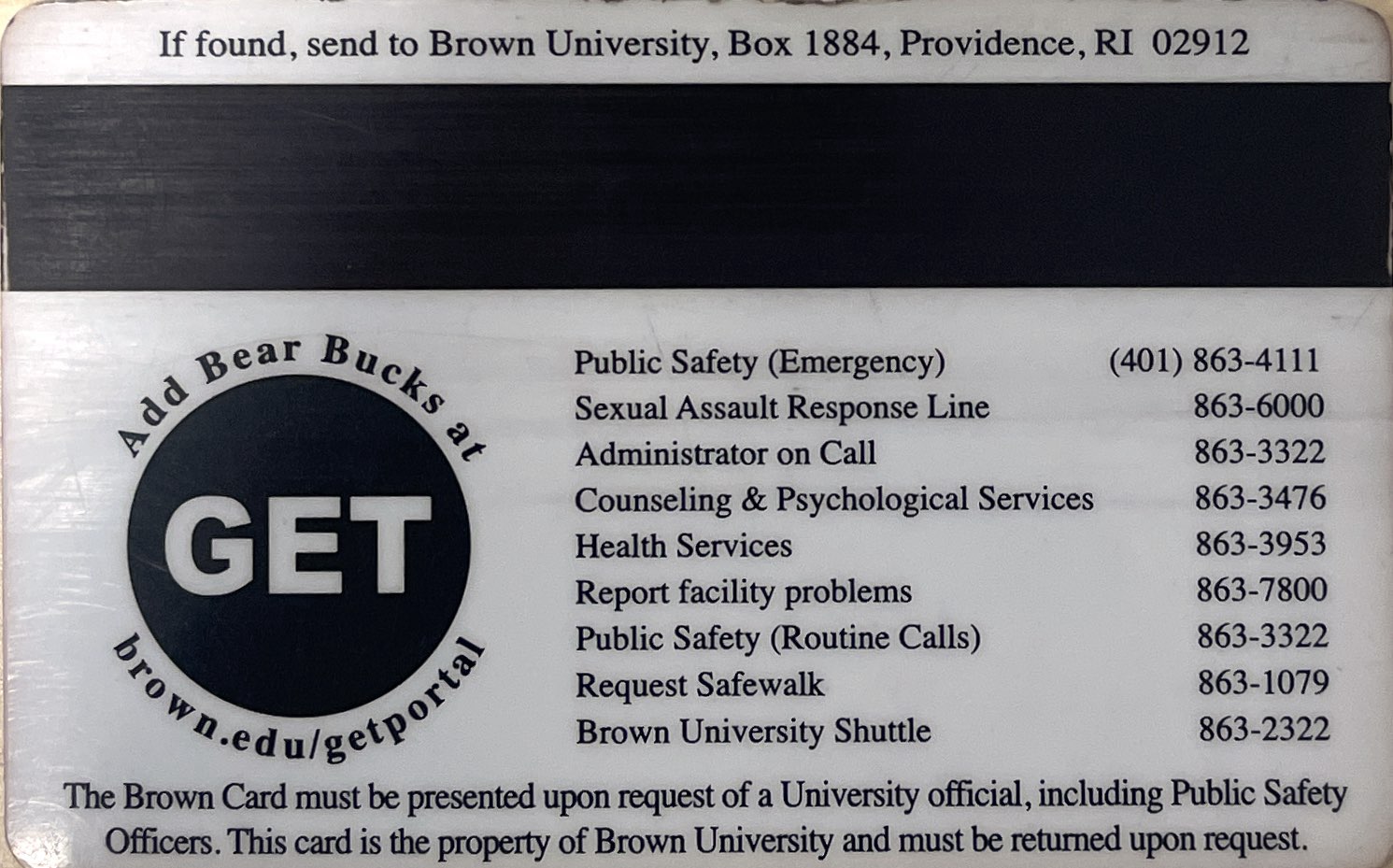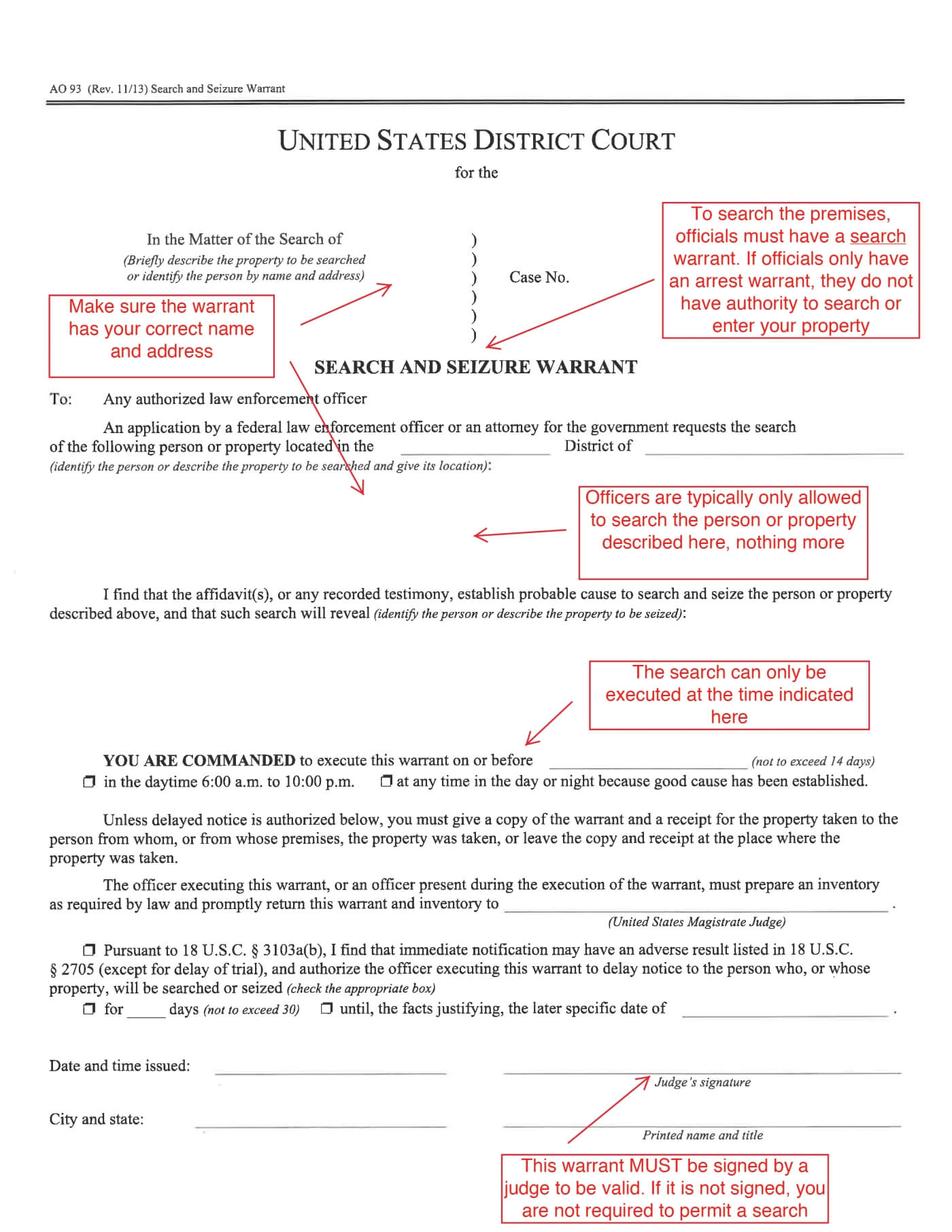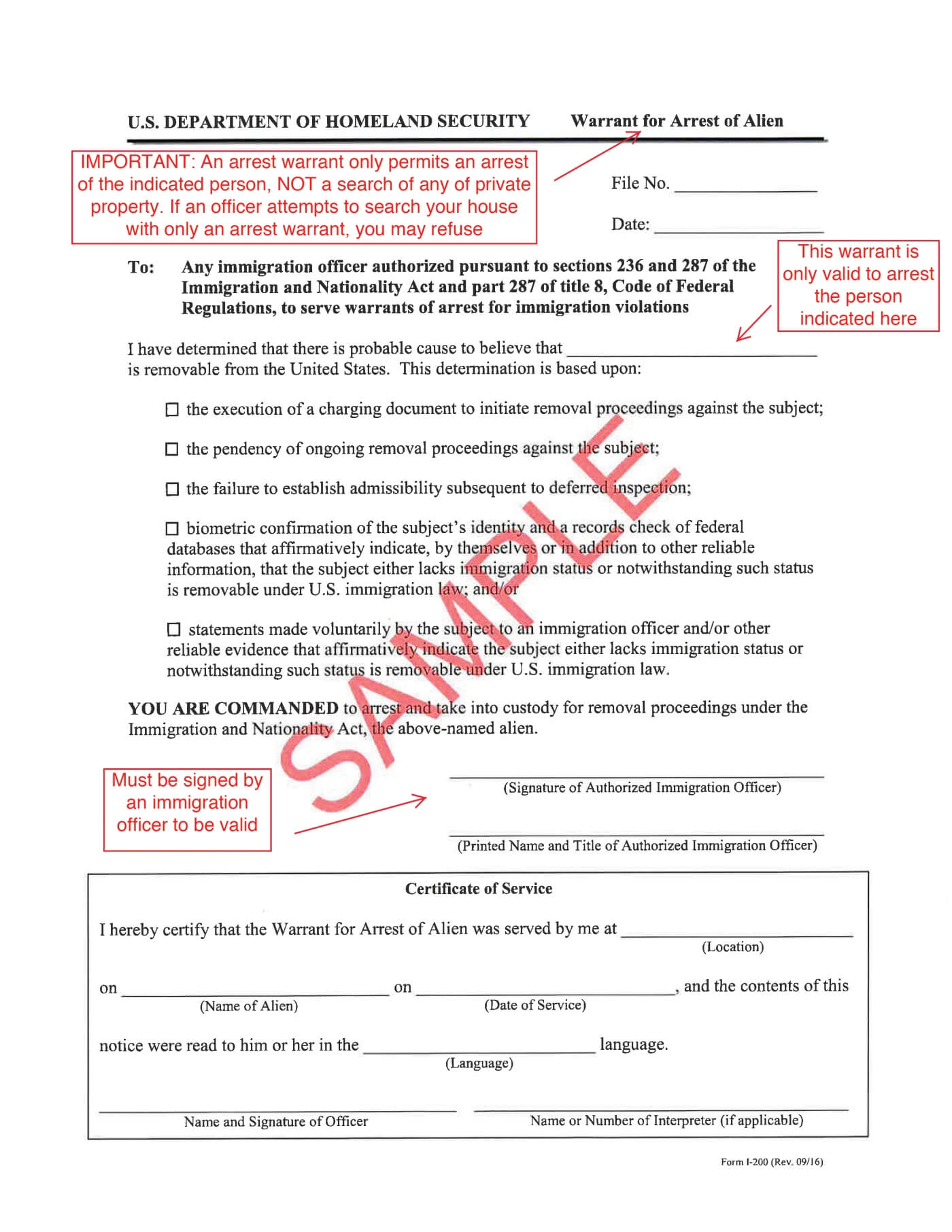International students and scholars as well as international travelers who require immediate assistance are encouraged to reach the AOC at 401-863-3322. The Administrator-on-Call (AOC) is available 24 hours a day, 365 days a year. Where appropriate, the AOC can provide referrals to the appropriate offices who can provide timely and coordinated follow-up responses. For non-emergency or other inquiries during business hours (Monday - Friday, from 8:30 AM - 5:00 PM), refer to the relevant contacts and resources in the “Help and Support for Brown Community Members” section below.
All Brown University Pre-College Program students participating through the Division of Pre-College and Undergraduate Programs, please visit the Pre-College Travel and Immigration Status Inquiry FAQs page to see information specific to these programs.
Last update on February 10, 2026
The latest updates include new FAQs and lists of resources for Brown students, faculty and scholars who may be traveling internationally or within the U.S., as well as community events and activities. Consult the University Events Calendar at events.brown.edu for the latest webinars or events offering guidance for travel and other topics.
This page continues to offer answers to frequently asked questions about what community members should do if they receive a request for information from a government agency, and how they should address needs or requests for monetary assistance, housing, or other resources from undocumented students, those with DACA (Deferred Action for Childhood Arrivals) status, international students, or others.


